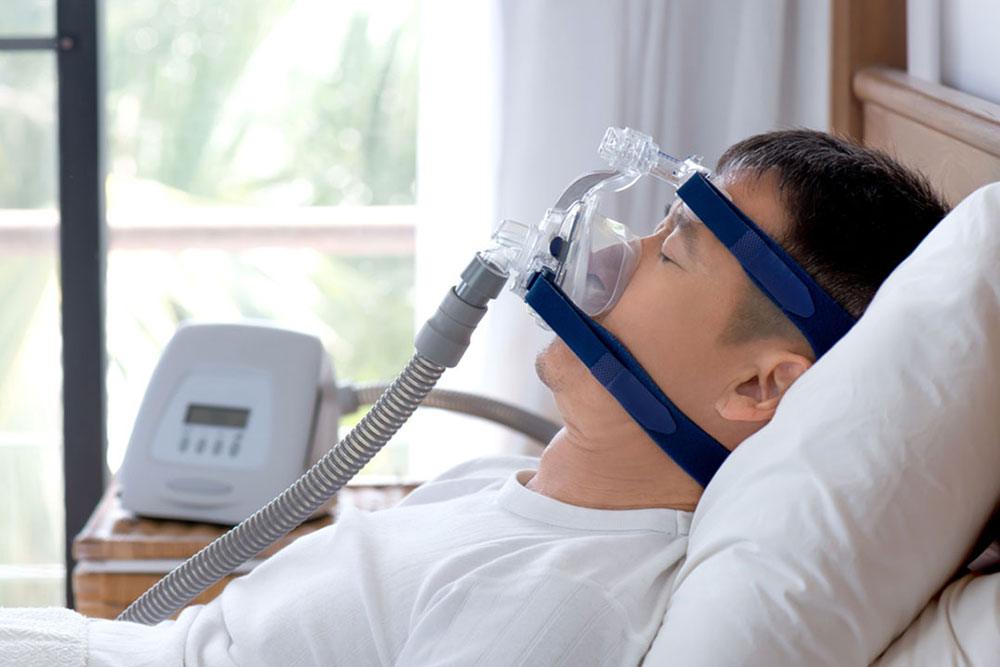Comprehensive Guide to Choosing the Right Respiratory Therapy Program for Your Future
Discover comprehensive insights into choosing the best respiratory therapy program. Learn about accreditation, degree options, licensing requirements, and expert tips to launch a successful career in healthcare. Find out how to select accredited programs through key resources and ensure you meet industry standards to achieve your professional goals in respiratory therapy.

Expert Tips for Selecting the Perfect Respiratory Therapy Education Path
Respiratory therapy is an increasingly vital healthcare specialty dedicated to diagnosing, treating, and managing patients with cardiopulmonary disorders. As the demand for respiratory therapists continues to grow, choosing the right educational program becomes crucial for aspiring professionals aiming to make a difference in patient care. This comprehensive guide will walk you through essential considerations, accreditation standards, degree options, licensing requirements, and resources to help you find the optimal respiratory therapy program tailored to your career goals.
In the United States, respiratory therapy is recognized as a vital healthcare profession that covers a broad spectrum of responsibilities. Respiratory therapists evaluate and treat individuals across all age groups—from newborns to the elderly—addressing issues such as asthma, COPD, pneumonia, and other respiratory conditions. This role involves performing diagnostic tests, administering therapies, and collaborating with healthcare teams to deliver holistic patient care. To embark on this rewarding career, candidates must first meet educational requirements, typically earning at least an associate’s degree in respiratory therapy from an accredited institution.
While an associate’s degree is the fundamental qualification, many colleges and universities now offer bachelor’s and master’s degree programs, which can significantly enhance a therapist’s expertise and expand employment opportunities. These advanced degrees can prepare graduates for specialized roles in pulmonary rehabilitation, research, education, or healthcare management. The choice of degree level should align with your professional aspirations, whether you aim to quickly enter clinical practice or pursue leadership and academic positions in the field.
Licensing is a critical aspect of practicing as a respiratory therapist. Most states in the U.S. require licensure to ensure clinicians meet established standards and possess the necessary competencies. Licensing requirements typically include graduating from an accredited respiratory therapy program, passing the Certified Respiratory Therapist (CRT) exam, and possibly completing a state-specific exam or additional coursework. However, it's important to note that Alaska is an exception, as it does not currently mandate licensure for respiratory therapists. Nevertheless, obtaining licensure in other states not only validates your qualifications but also ensures legal practice and access to a broader range of job opportunities.
Accreditation is fundamental when selecting a respiratory therapy program. The primary accrediting body for these programs is the Commission on Accreditation for Respiratory Care (CoARC). An accredited program guarantees that the curriculum meets industry standards, prepares students appropriately, and qualifies graduates for licensing exams. To verify a program’s accreditation status, prospective students should consult the CoARC official website. The site provides a comprehensive, regularly updated list of accredited programs nationwide, categorized by state, program type (certificate, associate’s, bachelor’s, master’s), and institution name. Using this resource, applicants can identify which programs are recognized for promoting high-quality education and ensuring eligibility for licensure.
When evaluating programs, consider factors such as curriculum content, clinical rotation opportunities, faculty expertise, campus resources, and support services. Additionally, investigate the program’s graduate employment rates and partnerships with healthcare facilities. Many schools also offer hybrid or online courses, providing flexibility for students balancing work or personal commitments.
Applying to a respiratory therapy program involves submitting academic transcripts, letters of recommendation, and may include entrance exams or interviews. It's essential to meet the eligibility criteria and prepare thoroughly to maximize your chances of acceptance. Once enrolled, students should actively participate in laboratory sessions, clinical practice, and internships to gain vital hands-on experience. Building a strong foundation during your educational journey will prepare you to excel on licensing exams and succeed in your professional career.
In conclusion, selecting the ideal respiratory therapy program requires careful consideration of accreditation, program quality, degree options, and licensure requirements. By leveraging resources like the CoARC website and understanding the industry standards, prospective students can make informed decisions that set the stage for a fulfilling career in healthcare. If you are passionate about helping others and interested in a dynamic, growing field, pursuing a respiratory therapy education can be your pathway to making a meaningful impact on patient lives and the healthcare community as a whole.





